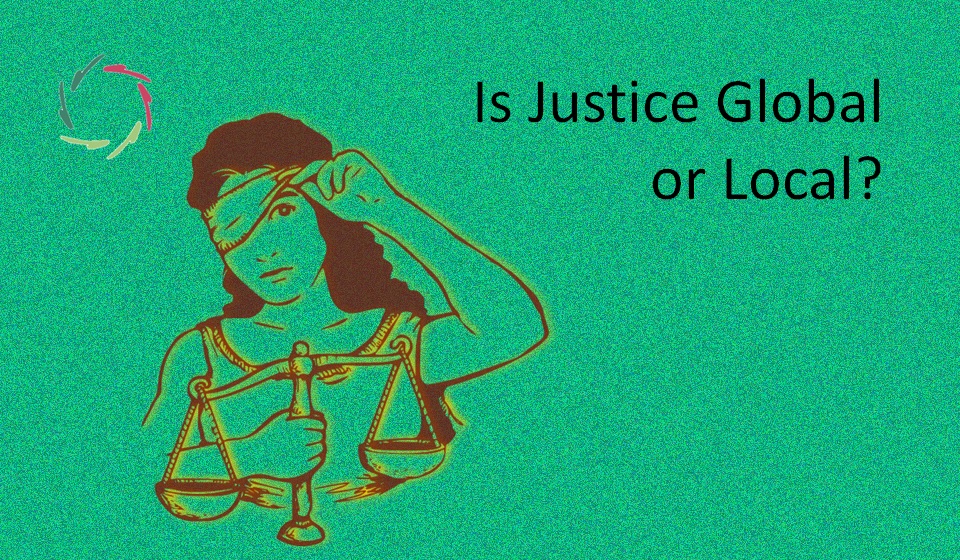Who Needs Free Will for Moral Behavior?

“If there is no free will, I am not responsible for my actions.”
I utterly disagree.
Without free will, you are not guilty. With free will, you are not guilty.
Responsibility is something you can take within any circumstance. If there is no free will, then you can take responsibility within that specific circumstance as in any other. You strive to do the best you can.
Another take: it depends on ‘you.’
Namely, on what you see as being ‘you.’ Being without free will within a narrow vision of ‘you’ can change by broadening this vision.
For instance, you can see your consciousness as partly or fully determined by your non-conscious processing. Some see this as the end of free will since, this way, one cannot be consciously responsible.
The latter is correct. However, broadening ‘you’ to incorporate your total mental processing leads to an essential change. If you then learn how to influence this ‘deeper self’ (non-conscious mental processing), you gain free will together with concrete responsibility. You might already know that this is the aim of autosuggestion.
I acknowledge that this is not the easiest move.
Should that deter anyone?
Another term for deeper self – as a direction, at least – is ‘soul.’ So, is your soul not worth the challenging consequence of gaining free will?
Moral behavior
Another difficult term in this blog’s title.
Accordance to the Ten Commandments as simply ten rules is as superficial as the idea of free will being either magical (thereby, not free) or non-existent (thereby, not free).
Even a zombie can accord to ten rules this way, showing no moral behavior involved — nor free will.
Towards the breakdown of civil society?
Science increasingly shows that free will, in the colloquial meaning, is probably an illusion.
The fear exists that this may lead to immorality en masse. Unfortunately, that might well be the case, as we see it already happening.
However, there is no fundamental reason for it. Rational thinking shows that responsibility doesn’t need free will. The issue that may lead to civil breakdown concerns responsibility, not free will — again, of course, with responsibility not seen as a synonym for guilt, but quite the opposite.
People don’t need to be protected against the ‘reality of the inexistence of free will.’
On the contrary, they need to be protected against the divulgence of untruths in the name of morality since that would be immoral to the highest degree.
The five Aurelian values are directly opposed to this — all five, in their correct interpretation.
There is no need for free will in moral behavior.
There is just a direct need for moral behavior, for which you can choose even with ‘you’ in the sense of the entire universe.
If you put responsibility there and yourself here, you’re avoiding your responsibility.
Please don’t.


